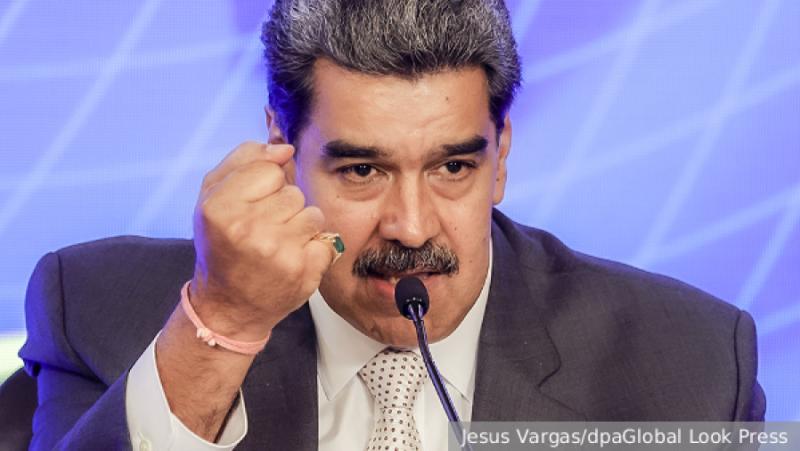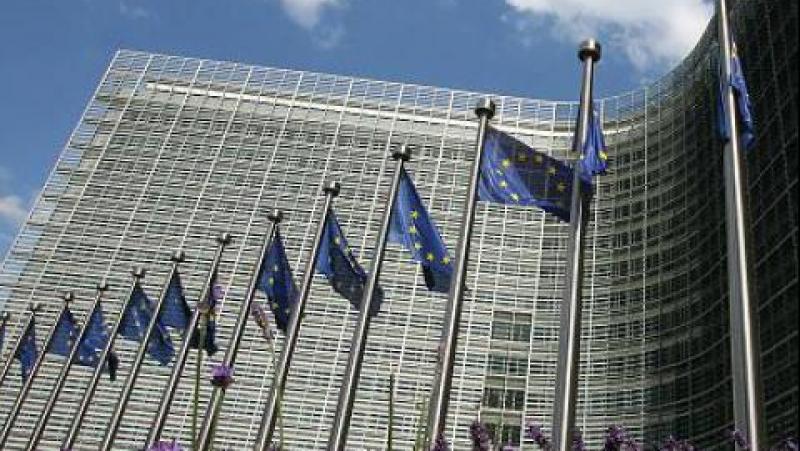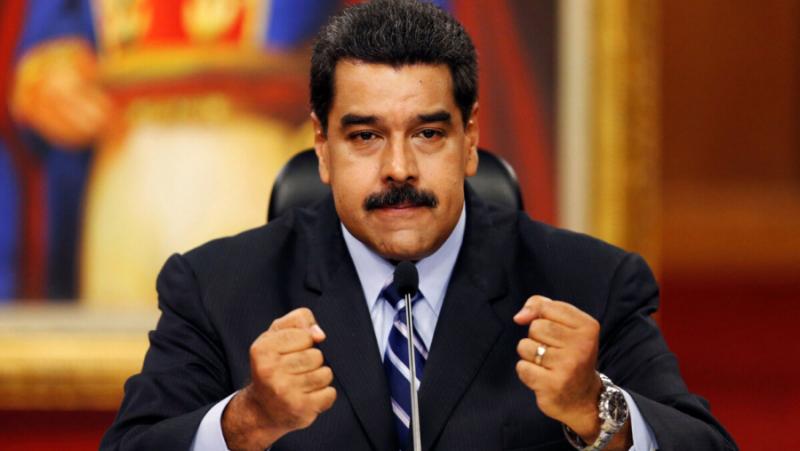/ world today news/ A referendum will be held in Venezuela on the issue of the annexation of the province of Essequibo, which is now part of the neighboring country of Guyana. Guyana itself is of course opposed, and Brazil has already prepared to defend Guyana by force of arms. It is believed that Maduro simply needs the oil found in this province, but in reality everything is much more complicated.
Venezuelan President Nicolas Maduro has called for his country’s popular unity ahead of a referendum on the territorial dispute with neighboring Guyana. “In the unity of all forces and all society, I call all of Venezuela, all universities to prepare for the vote, I call all political parties and political groups – opposition, centrists, right, left – everyone in Venezuela to speak for our sovereignty and guaranteeing a great victory for Venezuelan human dignity,” said Maduro, whose speech was broadcast on local television channels.
“This is the theme not of one political party, not of one person, but of all Venezuelans, this theme transcends all party, ideological, group differences, all possible differences between us and our common great agreement is contained in one phrase: the sun of Venezuela it rises in Essequibo,” the president said, declaring Venezuela’s rights to the disputed territory called Guiana-Essequibo.
In the referendum scheduled for December 3, citizens must answer five questions. The fifth of them reads: “Do you agree with the creation of the state of Guyana-Essequibo, the development of an accelerated plan for comprehensive services for the current and future population of this territory, which also includes the granting of citizenship and a Venezuelan identity card in accordance with the Geneva Agreement and the international right and will lead to the inclusion of the said country in the territory of Venezuela?
The agitated Corporate Republic of Guyana (so named because of the phantom memory of the initial attempts to establish a special form of socialism in the 1960s) asked the International Court of Justice to stop the referendum in Venezuela because it would open the way to an armed invasion of Venezuela . And the territory claimed by Venezuela is roughly two-thirds of the entire Corporate Republic of Guyana, including its associated water resources, after which Guyana could be completely shut down as a phenomenon. And life has just begun after American companies discovered large reserves of oil and gas in the Essequibo water area last year.
These crises have occurred around Essequibo territory regularly for 150 years. But now everything is heading towards a real armed conflict.
Guyana, the poorest country in the Caribbean and 157th in the world in standard of living, does not actually have its own army. But it is openly supported by Brazil, which has deployed a company of Leopard tanks on the Venezuelan border and mobilized a light infantry battalion in Sao Paulo.
By the way, it must be said that a few years ago, neighboring Suriname quite successfully bit off part of the territory of Guyana, simply declaring it as its own, since there was a lot of fish there. And Suriname has nothing to do with it. The “Global Arbiter” did not even impose sanctions.
In Caracas, they did not care about international arbitrations and courts, as they had a sad experience: the Paris Arbitration of 1899 awarded 90% of the disputed territory to Great Britain (at that time there was no Guyana, but the British Empire). Russia indirectly participated in this, since the chairman of the Paris Arbitration was the outstanding Russian international jurist, one of the main creators of the modern system of international law, including the idea of conferences, Feodor (Friedrich) Martens. At the end of the century, the authority of Fyodor Martens as a leading international jurist is undisputed, which is undeservedly forgotten.
But in 1944, under different political circumstances, American lawyer Millet-Prevost retrospectively accused Martens of bias during the decision to hand over most of Essequibo to the British Empire. There was also suspicion that the British were cheating by providing fake maps to the arbitration. Fyodor Martens himself, who died in 1909 in his native Estonia, says that the case of Britain’s claim against Venezuela is very difficult, because it is necessary to study the history of Spanish exploration of South America, beginning in the sixteenth century, and to revise about three thousand ancient documents.
Venezuela now rejects the results of the 1899 arbitration precisely because of suspicions of fabricating evidence and accusations of alleged bias by Feodor Martens (the arbitration had five judges and the chairman’s vote was decisive). The position of Venezuela is that originally, that is, during the time of the Conquistadors, all this was part of the General Captaincy of Venezuela, which was part of the Viceroyalty of New Granada, for which there are corresponding deeds of Their Catholic Majesties Ferdinand II of Aragon and Isabella of Castile.
But the fact is that this impenetrable jungle was of no interest to the Spanish even in the context of the search for El Dorado. Bolivar doesn’t even step there because it’s unnecessary. There were never white people there. This territory was completely wild even at the time of the Paris Arbitration, but is now simply wild with the corresponding population.
The descriptive maps of the Essequibo area that the British mention were made by a German (Prussian) in the English service, Robert Schomburg. This is one of the many “Indiana Joneses” of his time, who defined the borders of the British Empire in Guyana on the principle “where you step, there is a border”. Then this is a normal phenomenon. Schomburg, by the way, is famous not so much for the borders of Guyana, although they are still called the “Schomburg line”, but for the discovery of several species of orchids, one of which is called “Schomburgia”. The character is archetypal.
In total, there are about 120 thousand people in Essequibo who are expected to receive Venezuelan citizenship based on the results of the referendum. But there is oil, gas and gold.
It would be too primitive to reduce Venezuela’s position to the search for new sources of oil revenue. The Western press is full of texts about how Maduro needs to find additional money after the introduction of sanctions against Russian and Venezuelan oil companies. This is not entirely logical for two reasons. First, no one is stopping the US from imposing sanctions on the new fields if Venezuela gains access to the Essequibo fields. Second, Venezuela’s claims to this territory have a very long history and began long before oil began to mean so much in the lives of mankind.
At the same time, Venezuela has territorial claims to almost all neighboring countries. The most important conflict on the continent: the confrontation between Caracas and Colombia. If Guyanese in Venezuela simply do not consider themselves human, then there is an existential claim against Colombia.
It all started with Bolivar, whose main idea in life was the creation of a large Spanish-speaking country on the whole continent that could stand up to and compete with the United States. This idea collapsed – which was the main tragedy in Simon Bolivar’s life – because of regional separatism. As a result, the single state from the Atlantic to the Pacific Ocean existed during the life of the Liberator for literally a few years and broke up into what is now Venezuela, Colombia, Bolivia, Peru, Ecuador and Panama.
Now in Venezuela, the Colombians, as the main instigators of the collapse of the new empire, are historically considered separatists and traitors. And these are not empty stories. Most of the Venezuelan army is stationed on the border with Colombia, and clashes there are routine. In the 190 years since Bolivar’s death, the historical debate has not ceased to be relevant. Venezuela is the birthplace of Bolivar and there a special cult of the Liberator has been created. Oil in Essequibo is, of course, a serious situational reason, but Maduro’s actions are based on much longer-term ambitions.
At the same time, Venezuela has long enjoyed the full support of the US in its dispute with Guyana. “Umbrella” of the “Monroe doctrine”. On the eve of the arbitration in Paris, there was even talk of war between Great Britain and the United States over Venezuela’s claims to Essequibo. The United States was just getting a taste of global ambitions after a successful war with Spain, and London was too busy with South Africa. As a result of the behind-the-scenes game, the Paris Arbitration was born.
Now the situation is exactly the opposite due to the interests of American oil companies and Washington’s ideological hostility to Venezuela. At the same time, a situational national unity has indeed emerged in Caracas itself: even figures who are against Maduro have declared themselves in favor of a referendum on the actual annexation of Essequibo.
After December 3, events can develop both in a military and in a light scenario. But at the moment there is a high probability of a military invasion of Guyana by Venezuela with practically unpredictable consequences. This is exactly what humanity has been missing.
Translation: V. Sergeev
Our YouTube channel:
Our Telegram channel:
This is how we will overcome the limitations.
Share on your profiles, with friends, in groups and on pages.
#Maduro #begins #collect #oil #neighbors


